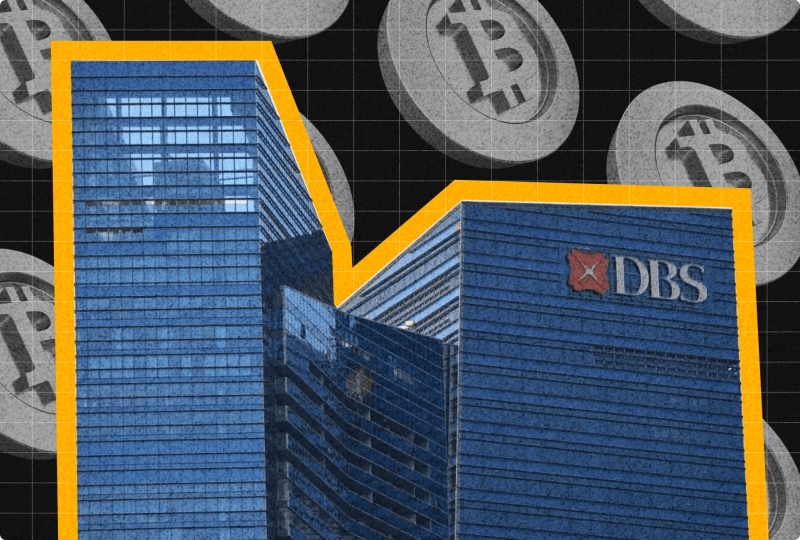Coinbase Suggests a Crypto-focused Financial Regulator to Take the Role of the SEC in Overseeing Digital Assets
Oct 14, 2021

On Thursday, Coinbase Global Inc., a cryptocurrency exchange, proposed sweeping changes to federal regulation of digital assets, urging Congress to establish a new agency to regulate the industry under a different framework than that which oversees traditional financial services.
On Thursday, Faryar Shirzad, the chief policy officer of Coinbase told reporters, "A federal regulator for digital asset exchanges should be formed. A digitally native and nimble regulator would help guarantee that the financial system's transformation benefits the greatest number of Americans."
The United States' financial regulatory structure, which is made up of several federal and state agencies such as the Securities and Exchange Commission, the Commodity Futures Trading Commission, and the Federal Reserve, has long irked the crypto industry. It also is opposed to regulatory bodies like the Securities and Exchange Commission (SEC) utilizing securities laws to oversee digital assets, which it argues are fundamentally different from traditional assets like stocks and bonds, rendering them incompatible with the present regulatory system.
Cryptocurrencies, as well as the distributed-ledger technology that supports them, have the potential to revolutionize the global financial system, according to Shirzad. The current regulatory structure, he claims, "assumes the ongoing presence of a series of financial intermediaries" including clearinghouses and brokers, which blockchain technology may render obsolete.
According to Coinbase's plan, this new financial regulator would be in charge of licensing and monitoring digital asset markets, or MDAs, to prevent fraud and manipulation, as well as requiring issuers of digital assets to provide essential information to market participants. The new regulator would also be in charge of so-called initial coin offerings, which are frequently used to fund new enterprises in the same way that public corporations do so by selling stock.
Coinbase's proposal, according to Todd Phillips, director of financial regulation and corporate governance at the Center for American Progress, ignores the fact that digital assets can be used for a variety of purposes and should be regulated based on their function rather than their digital form.
"They approach digital assets as if they were one large asset class, which they are not." "Some of these instruments are securities, while others are commodities, and yet others are something else," Phillips explained. "If enacted, this plan would allow many, if not all, public businesses to stop issuing stock and instead issue coins, circumventing securities regulations."
Similar worries were expressed by Securities and Exchange Commission Commissioner Caroline Crenshaw when she advocated against creating a legal safe harbor for crypto assets, which proponents say would allow the industry to develop without government oversight.
"Granting a special exemption to these projects will offer blockchain-related firms unfair benefits and damage everyone else," Crenshaw said during a speech at the Practising Law Institute on Wednesday.




